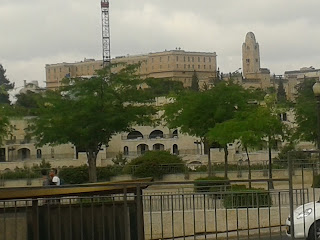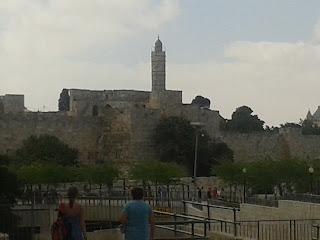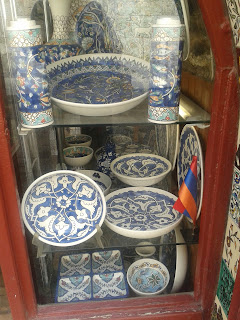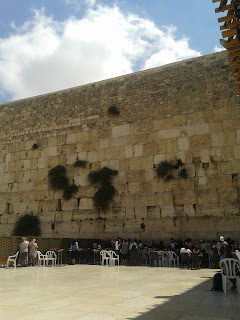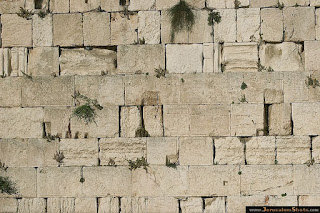-Eight Cousins; Louisa May Alcott
From the age of 8 until I was about 15, I read the books of Louisa May Alcott over and over again. While Little Women and Little Men are her more famous works, I identified on a far greater scale with Rose from Eight Cousins than with Meg or Jo.
 |
| L.M. Alcott |
Unlike most of my friends, I didn’t have grandparents (they had either passed away before I was born, or when I was quite young), but I had way more cousins than any of my classmates – who had, on average, about 4. I knew all my cousins' names and their birth order. I knew which cousin belonged to which aunt, and which aunt belonged to which uncle. I never really thought about it. Family abounded, and, by and large, it functioned.
My kids, however, did not grow up in the same way.
While my kids have five uncles and five aunts (kind of – as Facebook says, it’s complicated), and almost two dozen first cousins, for most of their lives, family did not abound. It was hard for them to keep straight who belonged to whom, and how they were related.
It was hard for them to remember where their own first cousins lived, never mind, MY first cousins.
To complicate the situation, my kids' father, while having the requisite four first cousins, has 254,793 second, third, and fourth cousins (give or take). He, himself, doesn’t always know how they are related, but they keep in touch – sometimes.
Family becomes very important where there isn’t much of it, and when only parts of it have survived….
The truth is, my 14 first cousins and I and my siblings were probably never in the same room at the same time. As I said, we didn't all live in the same country, and we lived in at least six different cities. But there always seemed to be someone around; my mother seemed to be always on the phone to some aunt, some cousin was always having a bar mitzvah or getting married or having a baby. There were always family members over for holiday meals, or Sunday barbecues.
My aunts and uncles did get together for weddings. It was lovely when that happened.
This extended-family-less situation complicated a school project my youngest daughter was assigned. Almost all school kids in Israel are required to do a ‘family tree’ project. In the younger grades, the kids are told only to list their own immediate family members with whom they live. But by Grade 9, my daughter’s year, the kids are expected, not only to note nuclear family members, but extended family and to write stories about them; where people were born, how they came to Israel, difficulties they might have faced in their early years here, etc.
"So", my daughter asked me, "What difficulties did you face coming to Israel?"
"Well", I answered, "I was late for check-in, and the clerk at the desk complained that my luggage was too heavy, and I had the middle seat on the plane. I hate the middle seat."
I see", said my daughter. So no deportation camps, or slipping past army guards in the middle of the night?
"Um. No."
"Any malaria, typhus, starvation?"
"Once, when I came back from visiting the Old Country, they didn't have any kosher food for me on the plane. But I had some chocolate, so it wasn't so bad. But there was, I remember, a mosquito on the plane."
"Oof. I have nothing to write. All my friends' grandparents have great stories about attack dogs, and swamps, and living in tents."
"I had a bunch of lousy roommates. And once, it was so muddy on the road, I ruined a nice pair of shoes."
She shook her head.
"I had no family when I came. I was alone."
She looked at me hopefully.
The truth is, when I came to live in Israel, at a young, naive (one may even say stupid) age, it didn't occur to me what leaving the family – my parents, my siblings, my seven aunts and seven uncles, and all my 14 cousins – behind would mean.
It meant I had to find invitations for every Shabbat and every holiday.
It meant spending some Shabbatot and some holidays alone.
It meant not sharing in family simchas - indeed, not even having family simchas.
It meant that there was nobody with whom I could share family memories.
As time passed, of course, my status changed. I married, had kids, created another family.
My situation was easier on me - I was no longer either alone for the holidays, or a guest in someone's house, but it was much the same story for my kids: no grandparents around to spoil them, no aunts or uncles to play ball with them, or ask about their social life, no cousins to complain about the family...They were just about the only ones in their classes without someone around to get them a summer job.
And while we all made friends who became family - and I mean that with all my heart - it took not having family to understand exactly what family is.
But this is Israel, and miracles happen.
First it was one sister-in-law who made aliyah, married and had a family. And suddenly, my kids had an aunt, an uncle, and some cousins to share some things.
Then another of my kids' cousins, and then another, and then another, and another, and another and then two more came to make their lives here. And some of those cousins got married, and had kids, and there was more family.
And while I still don't have any, my kids have almost half their cousins in Israel. And they know their names, and their birth order, and who belongs to whom.
And I'm the aunt.
As one of my kids' cousins wrote to her cousin: "Thank you for growing up all alone in the middle of the desert so that I could have cousins here now".
Over time, my kids have turned into aunts and uncles themselves, so my grandkid has lots and lots of aunts and uncles spoiling him rather rotten. I don't think they've asked about his social life - yet.
And more miracles.
Facebook was invented.
I have been able to reconnect with family members I have not seen in years and years; even when I was still living in the Old Country, I didn't see them, because, as stated, they lived in a different country and not on the same hilltop (hilltop being a metaphor for the flattest city in the world).
As time has passed, my kids' uncles and aunts visit more often, and even some of my cousins have come to visit. Visiting with them, talking about family, it's as if no time has passed.
Because family is family, no matter how far apart.
This week was National Cousins Day.
If you have cousins, that means your cousins have cousins.
Take a moment, and say hi to your cousins.
Yesterday was National Aunt and Uncle Day.
Tell your aunt how awesome she is.








